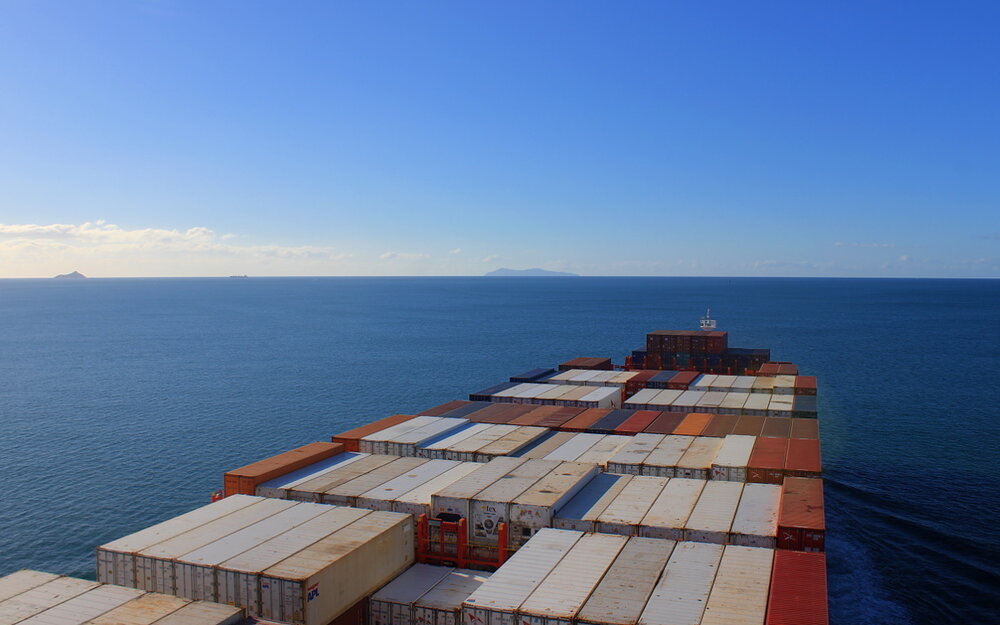Economic exchanges with EAEU to boost trade with third countries

TEHRAN - Head of the Non-Oil Export Promotion Committee of Iran Chamber of Commerce, Industries, Mines and Agriculture (ICCIMA) says trade with the members of the Eurasian Economic Union (EAEU) will result in the expansion of trade with third countries.
“The Eurasian Union could be a great target for Iran's export development, and the current preferential trade agreement is a good practice for free trade,” Jamshid Nafar said mentioning the new government’s planning for expansion of non-oil trade as the main strategy.
He said that the current imports and exports to the Eurasian Economic Union need to be analyzed and new measures should be taken to remove obstacles to provide suitable conditions for foreign trade.
Noting that the Eurasian Economic Union member states can meet Iran's domestic needs such as animal feed, Nafar said: "On the other hand, there is a high capacity for food industry exports to this region, and this can balance trade."
“Such conditions make free trade competitive and stimulate interest in the development of trade among domestic economic actors and Eurasian countries,” he added.
He further noted that relations with neighboring countries and with the Eurasian Economic Union, should be accelerated as one of the priorities of the thirteenth government, and this goal can be made possible by identifying and resolving problems.
“Exports to Eurasian Economic Union member states will boost Iran's trade and strengthen its trade opportunities with third countries,” the official stressed.
According to IRNA, Iran exported $258 million worth of goods to Eurasia in the first quarter of the current Iranian calendar year (March 21-June 21) while importing $347 million from these countries.
Iran and Eurasian Economic Union reached a free trade agreement in October 2018 based on which about 862 commodity items were subjected to preferential tariffs.
The interim agreement enabling the formation of a free trade area between Iran and the EAEU was signed on May 17, 2018, and officially came into force on October 27, 2019.
Iran is a very important market in the region and the development of ties with this country is of high significance for the EAEU members (Russia, Belarus, Armenia, Kazakhstan, and Kyrgyzstan).
The free trade agreement between Iran and this union has laid the ground for the expansion of trade ties between the two sides.
The agreement with the bloc has increased Iran’s exports to the EAEU member states significantly, which is a turning point for the Islamic Republic's plans for boosting non-oil exports during the U.S. sanctions.
EF/MA

Leave a Comment